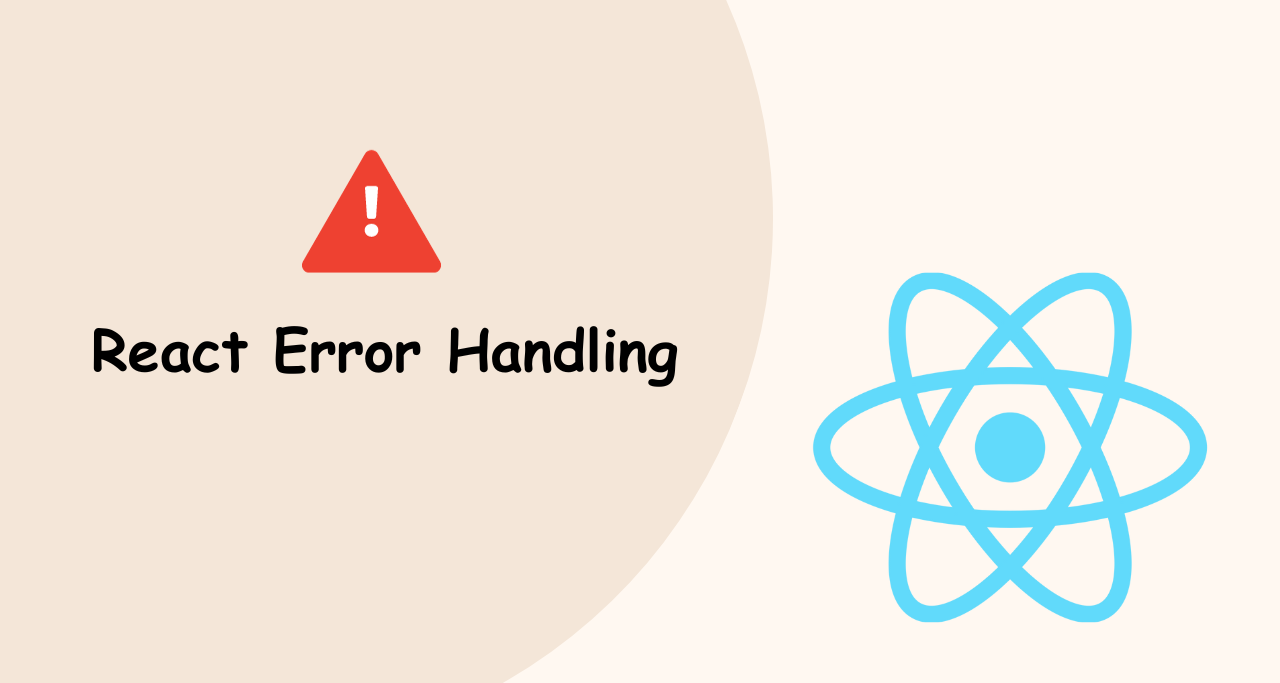Mastering the art of coding requires continuous learning and practice. Whether you’re an experienced programmer or an aspiring developer, there are always new techniques and tips to enhance your coding skills. In this article, we’ll explore 10 advanced coding tips that can take your programming abilities to the next level. Each tip is accompanied by a practical code example to help you grasp the concept and implement it in your projects. Let’s dive in!

1. Modularize Your Code:
Break down your code into reusable and self-contained modules. This approach promotes code reusability, readability, and maintainability. Here’s an example in Python:
def calculate_average(numbers):
total = sum(numbers)
average = total / len(numbers)
return average2. Utilize Version Control:
Version control systems like Git enable efficient collaboration, code management, and tracking of changes over time. Create repositories for your projects and leverage features like branching and merging to streamline your workflow.
3. Optimize Loops:
Looping constructs are commonly used in programming. Optimize loops by minimizing redundant operations and avoiding unnecessary iterations. Consider the following JavaScript example:
const numbers = [1, 2, 3, 4, 5];
for (let i = 0, length = numbers.length; i < length; i++) {
console.log(numbers[i]);
}4. Apply Design Patterns:
Design patterns provide proven solutions to common coding problems. Familiarize yourself with popular design patterns such as Singleton, Observer, and Factory, and apply them appropriately in your projects.
5. Use Proper Variable and Function Naming:
Choose meaningful and descriptive names for your variables and functions. This practice enhances code readability and improves maintainability. Consider the following Java example:
public class Circle {
private double radius;
public Circle(double radius) {
this.radius = radius;
}
public double calculateArea() {
return Math.PI * radius * radius;
}
}6. Employ Error Handling:
Handle exceptions and errors gracefully in your code. Utilize appropriate error handling mechanisms such as try-catch blocks to prevent application crashes and improve user experience.
7. Test Your Code:
Implement thorough testing practices to ensure the reliability and correctness of your code. Utilize unit testing frameworks like JUnit or pytest to automate the testing process.
8. Optimize Database Queries:
Efficiently querying databases can significantly impact the performance of your applications. Optimize your SQL queries by using indexes, minimizing data retrieval, and leveraging caching mechanisms.
9. Document Your Code:
Maintain proper documentation for your codebase to facilitate understanding, collaboration, and future maintenance. Utilize tools like Javadoc, Doxygen, or Markdown to generate comprehensive documentation.
10. Continuously Learn and Explore:
Stay updated with the latest programming languages, frameworks, and libraries. Engage in continuous learning through online tutorials, coding challenges, and open-source contributions to expand your coding repertoire.
Conclusion
By implementing these 10 advanced coding tips, you’ll enhance your programming abilities and develop more efficient and maintainable code. Remember to modularize your code, utilize version control, optimize loops, apply design patterns, use descriptive naming, employ error handling, test thoroughly, optimize database queries, document your code, and never stop learning. Happy coding!




